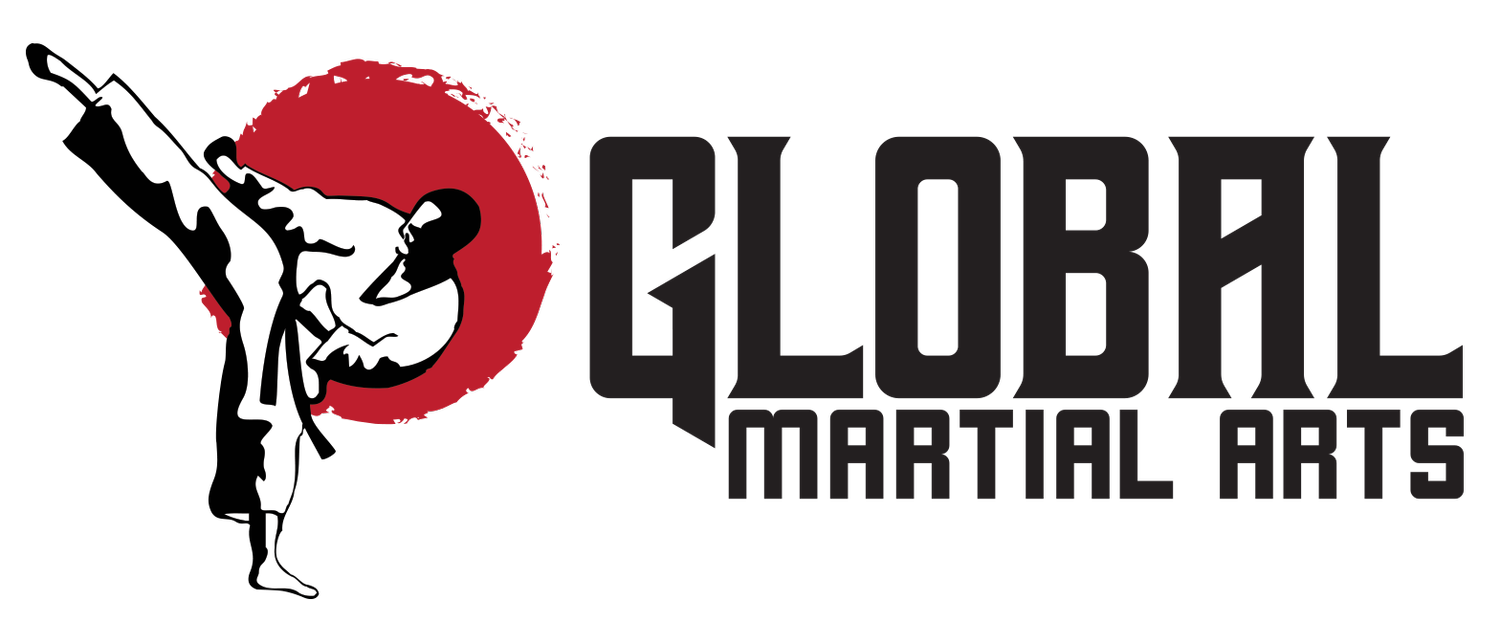Empowering shy and unsecured kids : training tips for Krav Maga classes
Teaching Krav Maga to children can be an incredibly rewarding experience. However, some youngsters may come to your classes feeling unsecured and shy. As an instructor, it is essential to create a supportive and encouraging environment that helps these children develop confidence, self-esteem, and self-defense skills. In this blog post, we will explore effective strategies to train shy and insecure kids in Krav Maga, enabling them to grow physically and emotionally.
1. Foster a Safe and Inclusive Environment:
Creating a safe and inclusive training environment is crucial for shy and insecure kids. Establish clear rules that promote respect, kindness, and teamwork. Encourage open communication and emphasize that everyone is on the same journey of learning and growth. By fostering a sense of belonging, you can help children feel more comfortable and confident in their training.
2. Build Trust and Rapport:
Building trust between the instructor, peers, and shy children is pivotal. Take the time to establish a positive rapport with each child individually. Get to know their interests, strengths, and challenges. Show genuine care and support, and be patient in gaining their trust. By creating a strong bond, you can help shy kids feel more secure and willing to step out of their comfort zones.
3. Gradual Exposure and Progression:
For shy and insecure children, the journey to self-confidence begins with small steps. Start with basic Krav Maga techniques that are easy to understand and execute. As they gain proficiency, gradually introduce more challenging moves and exercises. Breaking down complex skills into manageable steps allows shy kids to build a solid foundation and experience success, boosting their self-assurance.
4. Individualized Instruction:
Recognize that each child learns differently and has unique needs. Provide individualized attention and instruction, tailoring your approach to accommodate the specific challenges faced by shy and insecure kids. Offer positive reinforcement and constructive feedback to help them improve while maintaining a nurturing atmosphere.
5. Encourage Peer Support and Collaboration:
Incorporate partner and group exercises that encourage shy children to work with their peers. Assign them partners who are supportive and understanding. Encourage teamwork and collaboration, emphasizing that everyone is there to learn and grow together. Engaging in cooperative activities helps shy kids develop social skills, build trust, and realize they are not alone on their journey.
6. Promote Positive Self-Talk and Visualization:
The mind plays a significant role in overcoming insecurity and shyness. Teach children the power of positive self-talk and visualization. Encourage them to replace negative thoughts with positive affirmations and visualize themselves successfully executing Krav Maga techniques. This practice helps build confidence, reduce anxiety, and enhance performance.
7. Celebrate Progress and Achievements:
Acknowledge and celebrate the achievements of shy and insecure kids, no matter how small. Recognize their efforts, improvements, and milestones during training sessions. This positive reinforcement boosts their self-esteem and motivates them to continue pushing their boundaries.
Conclusion:
Teaching Krav Maga to shy and insecure kids requires patience, understanding, and a supportive approach. By fostering a safe and inclusive environment, building trust, and providing individualized instruction, you can help these children develop confidence, self-esteem, and self-defense skills. Remember that the journey to self-assurance is gradual, and celebrating each step forward is vital. With your guidance and support, even the shyest child can transform into a
